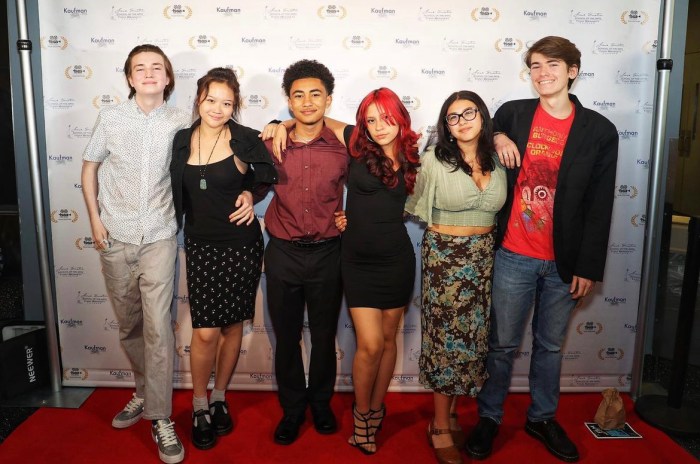By Ronald B. Hellman
About three years ago The Outrageous Fortune Company produced a play called “The Director.” Written by Nancy Hasty, the central character was a director, a mastermind of manipulation, who abused and confused his actors. His purpose was to make an actor’s performance so natural and real that an audience would never realize that what they were seeing was all an illusion.
So, you actors out there, what kind of director would you like to have? Probably not like the one just mentioned. But having spent some time with a number of them — as a producer, an actor and an audience member — I can tell you that the director roster varies significantly from the good to the bad to the indifferent. Ideally, the director should know and understand the play and its characters, have a strong affinity to the material and have a vision and a plan for what he or she wants to accomplish. For the end result to be a success, it makes a big difference if the director has a good play to work with, and if he or she has chosen the actors well.
It also helps if the director can collaborate with the rest of the production team, showing respect for all, creating a cordial atmosphere while conveying to the actors what he or she is looking for as they develop their roles. And on the most basic level, a director should know how to stage a play, moving the actors left, right and center, standing them up and sitting them down.
With all those requirements, it should come as no surprise that many directors don’t measure up. The good professional ones are highly sought after, while on the local level it often comes down to who is available and who is willing to take it on. One reason why the Queens and Long Island theater companies choose plays and musicals that have been done over and over again is that the material is usually foolproof. It’s real hard to mess it up.
Some of my less fond memories: a director whose main instruction to the actors was “increase the intensity”; one who wanted to make sure that she had very specific props and nothing else would do; one who didn’t realize that she was directing a comedy; and a few directors who liked to yell a lot.
On the other hand, some of my favorite directors who brought difficult and challenging plays to life for The Outrageous Fortune Company include John Ferry (“Betrayal” and others), Rodney Hakim (“Frozen” and “Shining City”), Christian DiBennardo (“Three Days of Rain”), Taibi Magar (“Orson’s Shadow”), and two of my most frequent directors, the late Jegana Martin, whose life itself was a drama, and John Emro, who holds the title of most amiable.
An audience may be only aware of what the actors are doing on stage, but, for the most part, it’s the director who’s calling the shots. An example is the recent Manhattan opening of “Hedda Gabler” — the Henrik Ibsen play revived by the pros almost as often as the locals do “Arsenic and Old Lace” — starring the highly−acclaimed Mary−Louise Parker. The New York Times reviewer, however, opined that it was the worst production of the play he had ever seen.
He just didn’t care for the director’s interpretation.
William Shakespeare’s plays have stood the test of time for more than 400 years, and although the text remains the same, the director of each revival hopes to make it different than the one before.
As a Valentine wish to all you theater people, let’s hope that your next director will be a sweetheart.
Contact Ron Hellman at rbh24@Columbia.edu.
































